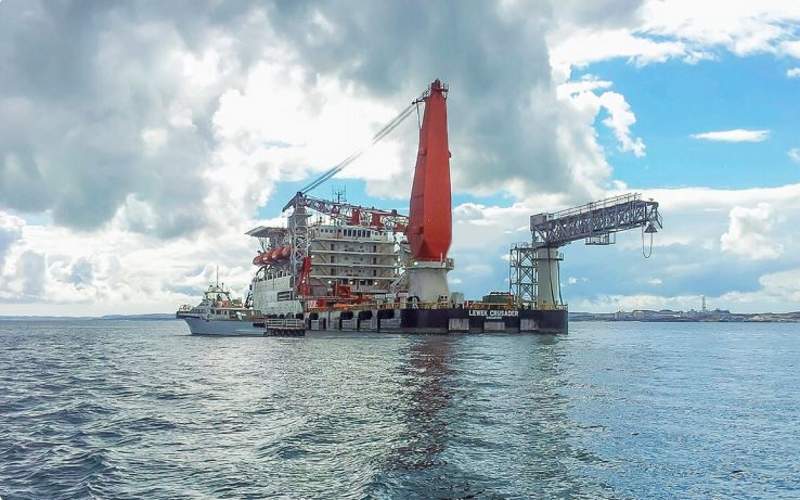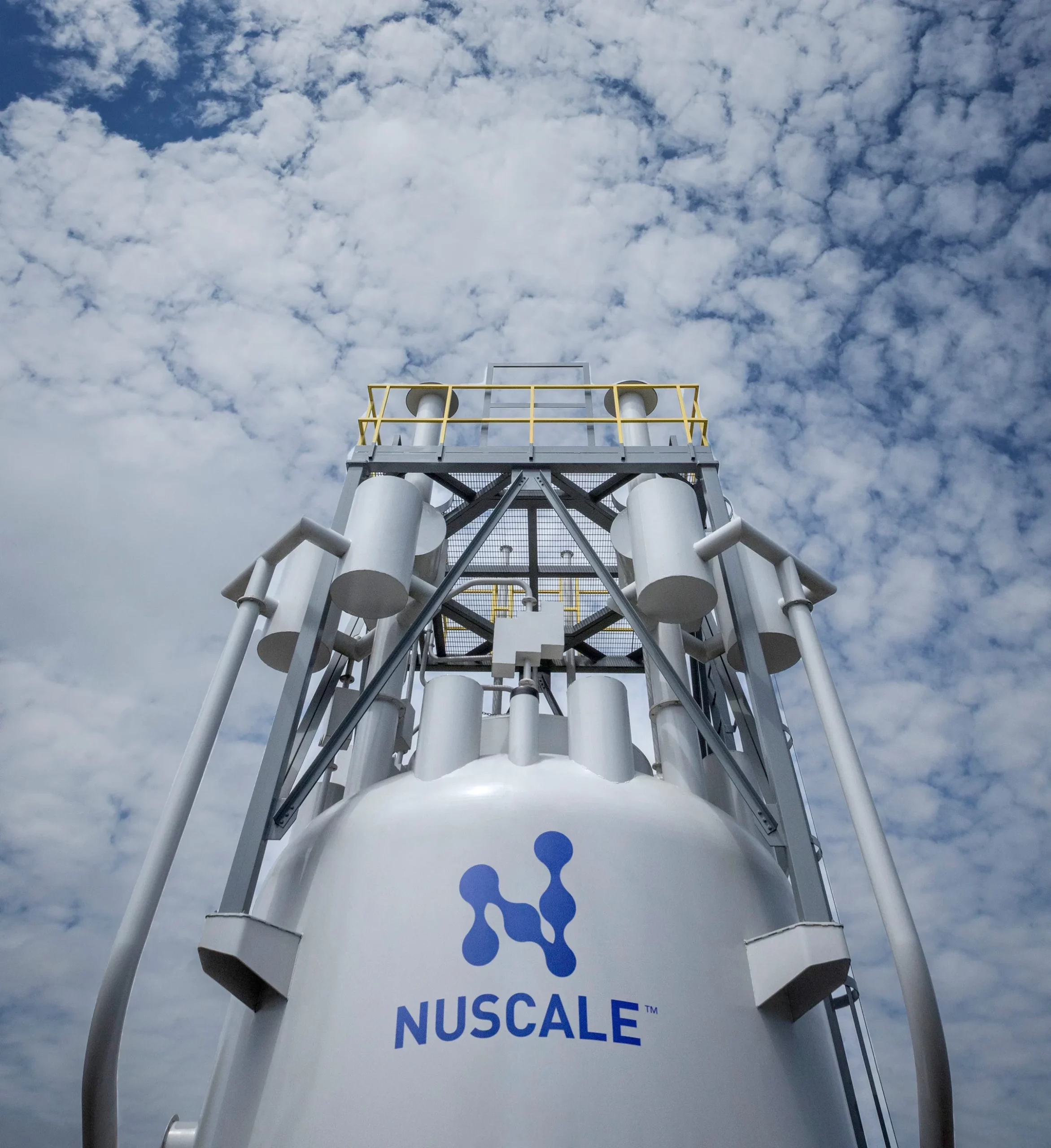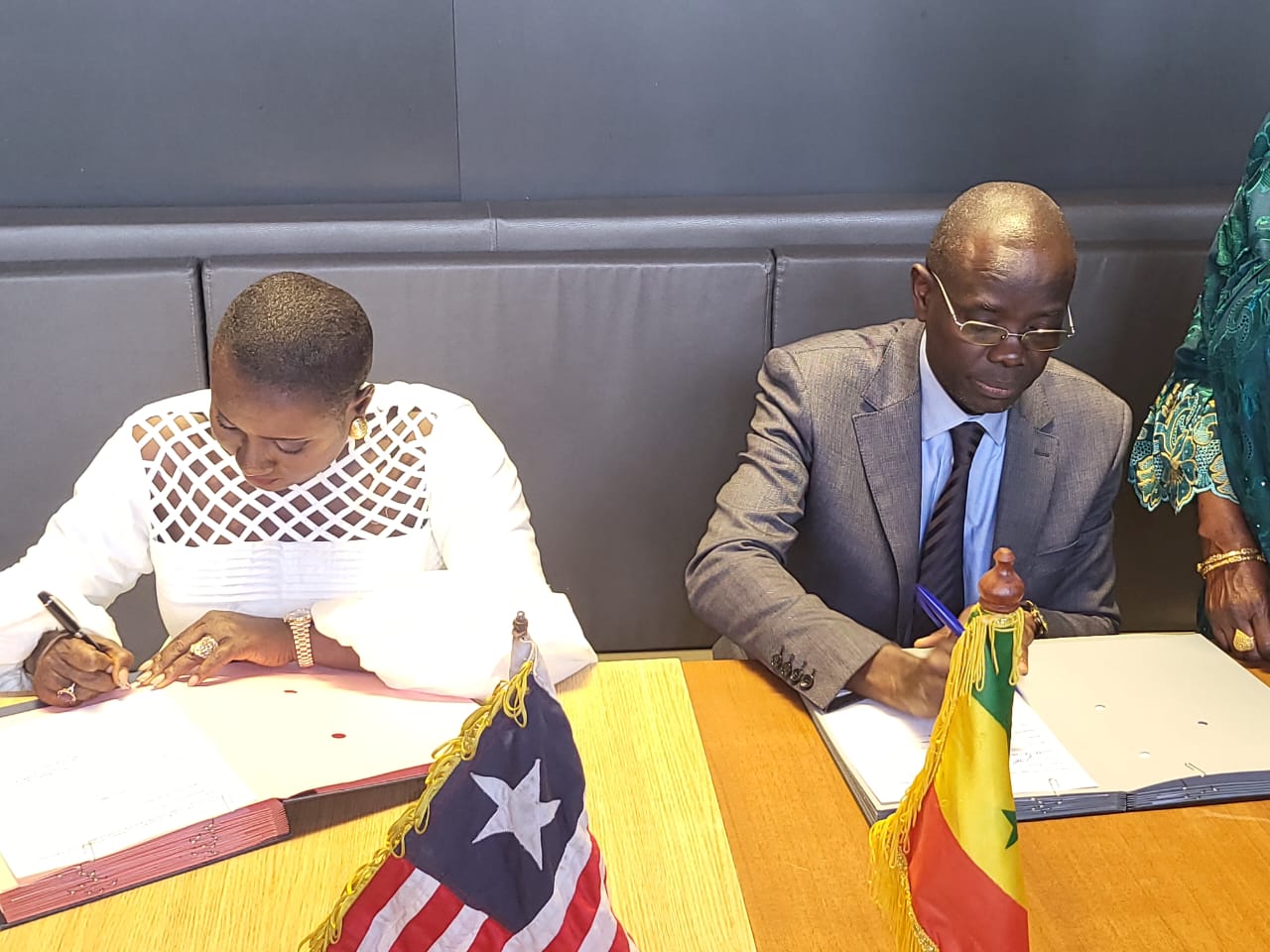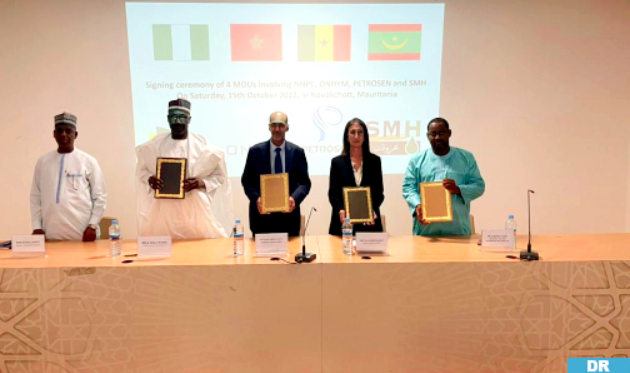Senegal joins other African countries like Nigeria or Namibia that have struggled to manage their oil and gas resources discovered in recent years for the real benefit of the people, including by improving the energy situation at home.
The oil and gas finds in Africa have rarely lived up to their promise, often doing more harm than good. Everything from project delays to political uncertainties and mismanagement have capped export revenues, forcing countries such as Senegal, Mozambique and Ghana into additional borrowings and worsening their financial situations. The oil and gas discoveries have also done little to improve the energy situation in the respective countries, whereby Africa is only continent where the number of people without electricity access has actually risen over the years. “Natural gas is mostly being exported, with African countries benefiting from foreign exchange revenues, but it is true that domestic needs for more energy are significant and are not being met,” said Vijaya Ramachandran, director for energy and development at the Breakthrough Institute, a California-based think tank.
Take, for example, Senegal, now on the verge of becoming a major natural gas producer, whose hopes of tapping into the strategically important offshore Yakaar-Teranga gas field to help industries at home and in the region are fading fast. Also Nigeria, a country rich in oil and gas, but still poor, is still lacking in access to electricity for even basic needs. Moreover, in the Niger Delta, pollution caused by oil spills has reduced life expectancy to just 41 years. Millions of Nigerians don’t have access to electricity, but the country’s government and economy depend on energy as fossil fuels exports account for 60% of government revenue and 90% of foreign exchange earnings.
The discovery off the shores of Namibia last year by TotalEnergies and Shell of what is touted by some as possibly the world’s biggest-ever deep-water oil find has generated understandable excitement in the southern African country. “Poor management of the oil and gas sector can drive corruption and inequality that in turn will fuel social tensions and threaten political stability,” Tom Alweendo, Namibia’s minister for mines and energy, has recently cautioned. But many in Namibia hope the nation can capitalize on the bounty while avoiding what is commonly known as the “resource curse” or all the ills that afflict resource-rich countries in Africa. In other words, Namibia sees the discoveries as a game changer, with prospective projects potentially transforming it into a provider of power also for its own people and for the rest of the region.



